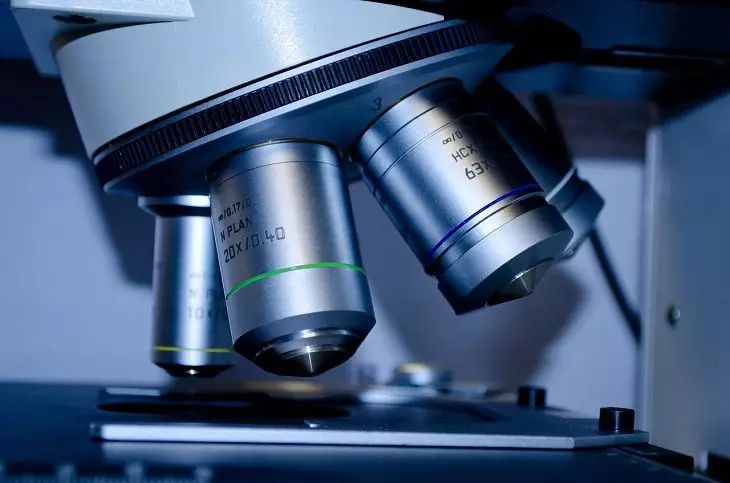Scientists from the University of California, San Diego have found a new way to fight dangerous bacteria.
Magnesium deficiency limits their ability to reproduce and prevents them from dominating the population.
The study focused on mutant Bacillus subtilis bacteria that are resistant to antibiotics, the journal Science Advances reports.

Scientists have discovered that antibiotic resistance slows down bacterial growth due to physiological limitations.
An unexpected discovery was that magnesium is required for bacterial ribosomes to function.
The researchers found that mutant ribosomes competed with ATP molecules for magnesium more than normal.
A recent discovery has shown that magnesium deficiency reduces the growth rate of mutant bacteria.
Due to magnesium deficiency, these bacteria cannot displace normal ones.
Scientists have concluded that competition leads to magnesium deficiency in the cell. This in turn reduces the growth rate of bacteria with mutant ribosomes.
For reference
Bacteria are a domain of prokaryotic microorganisms that reach several micrometers in length and have a variety of shapes.








